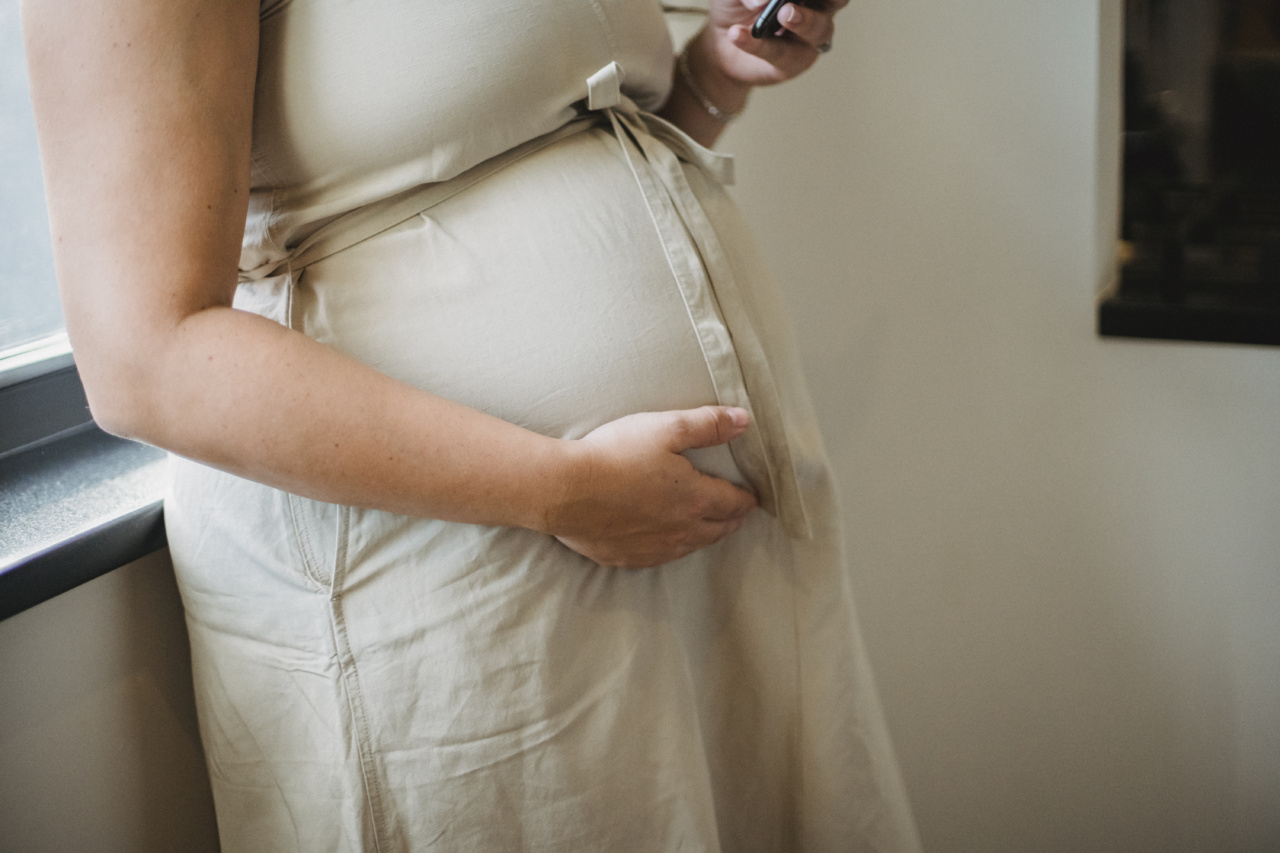Pregnancy is an amazing process that changes a woman’s body in many ways. From the moment of conception, the body begins to transform in preparation for bringing new life into the world.
In this article, we will explore the amazing changes that happen inside a pregnant woman’s body throughout the various stages of pregnancy.
First Trimester
During the first trimester of pregnancy, the body undergoes a variety of changes that help support the growing fetus.
Hormones such as estrogen and progesterone begin to increase, which can lead to symptoms such as nausea, fatigue, and breast tenderness. The uterus also begins to expand and the cervix begins to soften in preparation for childbirth.
Second Trimester
During the second trimester, the fetus continues to grow rapidly and the body adjusts accordingly. The uterus expands even further and the baby’s movements can be felt for the first time.
The mother’s blood volume also increases to support the growing fetus and her skin may begin to develop stretch marks as the abdomen expands.
Third Trimester
The third trimester is the final stretch of pregnancy, and the changes that occur during this time are perhaps the most dramatic. The uterus continues to expand and the baby begins to move into the head-down position in preparation for birth.
This can cause discomfort and difficulty breathing for the mother. Additionally, the mother may experience Braxton Hicks contractions, which are practice contractions that prepare the body for actual childbirth.
The Role of Hormones in Pregnancy
Hormones such as estrogen and progesterone play a vital role in pregnancy. They help regulate the menstrual cycle and prepare the body for pregnancy.
During pregnancy, these hormones increase dramatically to support the growth and development of the fetus. Additionally, the hormone relaxin helps to loosen the joints and ligaments in the pelvis, which allows for easier childbirth.
The Impact of Pregnancy on the Immune System
Pregnancy also has a significant impact on the immune system. The body naturally suppresses the immune system during pregnancy to prevent the mother’s body from attacking the fetus.
However, this can make pregnant women more susceptible to infections and illnesses. It is important for pregnant women to take extra precautions to stay healthy, such as getting vaccinated and practicing good hygiene.
Nutrition and Pregnancy
Nutrition is essential during pregnancy. The growing fetus requires a variety of nutrients, including folic acid, iron, and calcium.
It is important for pregnant women to eat a healthy and balanced diet that includes plenty of fruits, vegetables, whole grains, and lean proteins. Additionally, some women may need to take prenatal vitamins to ensure that they are getting all of the nutrients they need.
Exercise During Pregnancy
Exercise can be beneficial during pregnancy, as it can help improve circulation, reduce stress, and prepare the body for childbirth.
However, it is important for pregnant women to consult with their healthcare provider before starting an exercise program. Some exercises, such as high-impact activities or exercises that require lying flat on the back, may not be safe during pregnancy.
Childbirth and Beyond
Childbirth is the culmination of the amazing changes that happen inside a pregnant woman’s body. After childbirth, the body continues to undergo changes as it heals and readjusts to its non-pregnant state.
Breastfeeding also has a significant impact on the body, as it releases hormones that help the uterus to contract and return to its normal size.
Conclusion
Pregnancy is an incredible journey that brings many changes to a woman’s body. From the expansion of the uterus to the increase in hormones, the body undergoes a variety of transformations throughout pregnancy.
These changes are essential to support the growth and development of the fetus, and they ultimately culminate in the miracle of childbirth.































